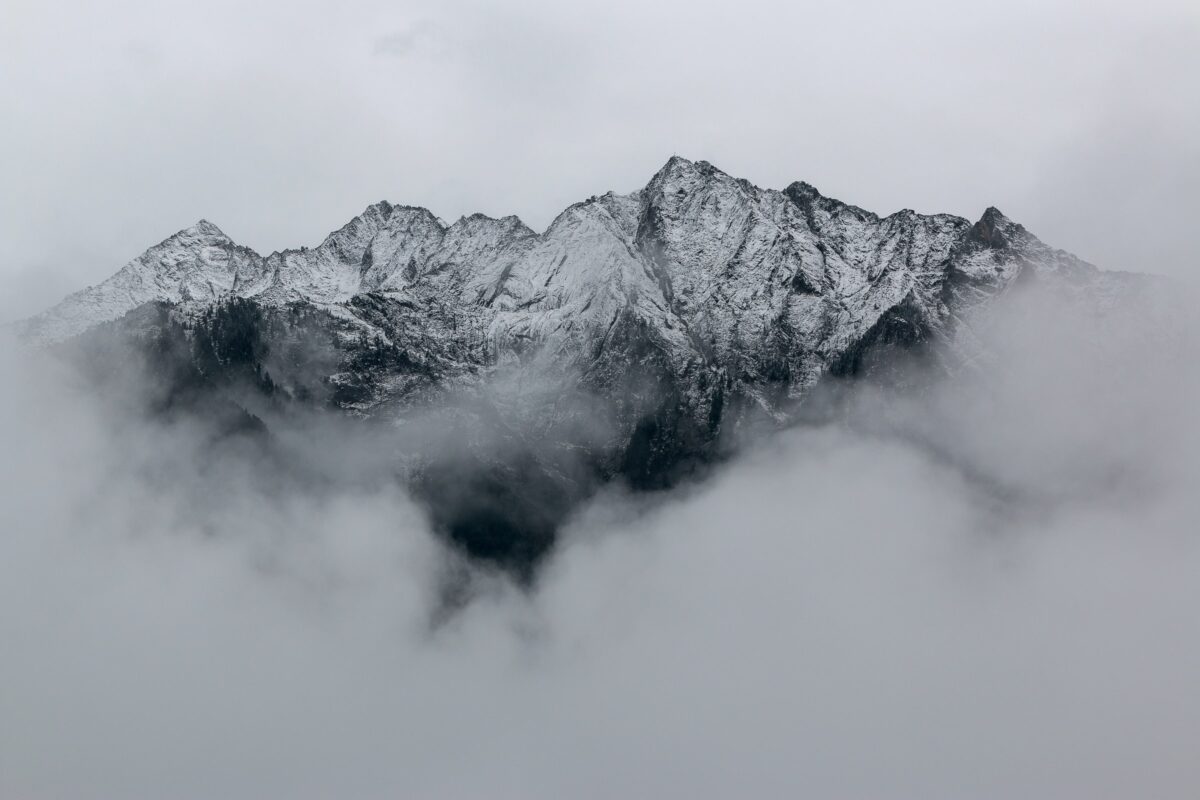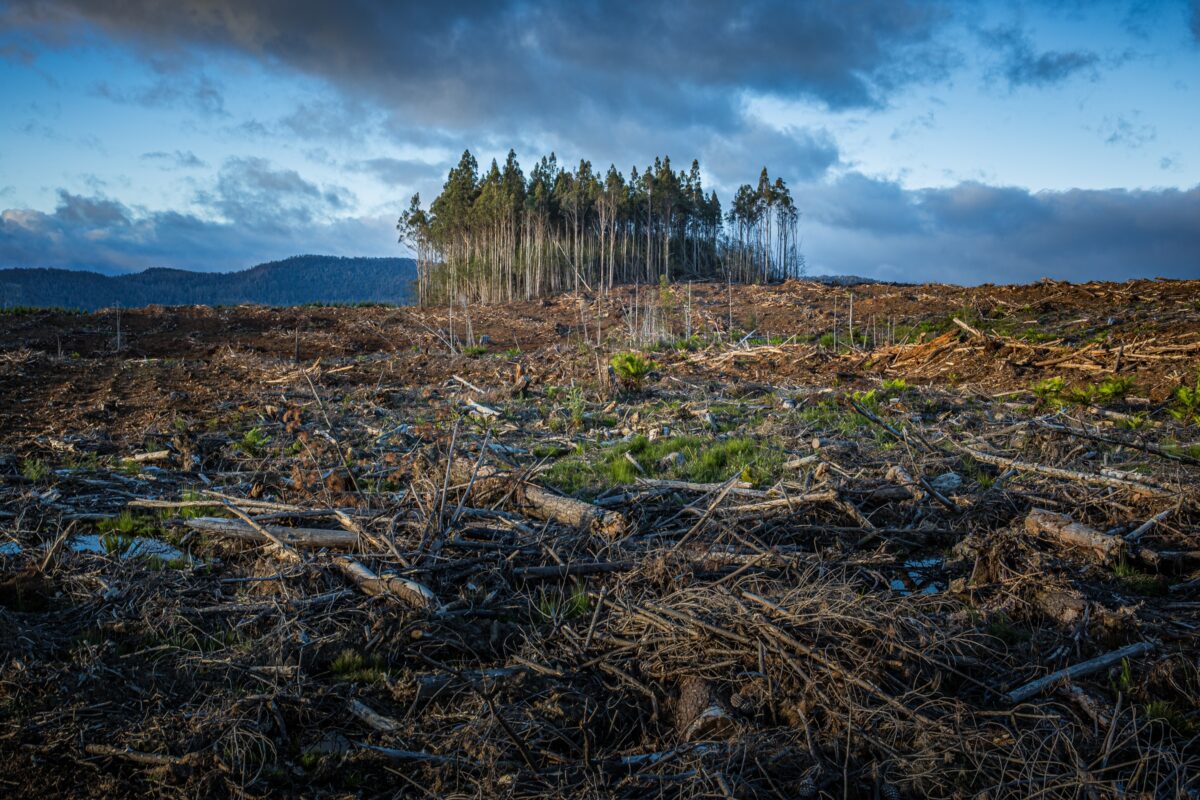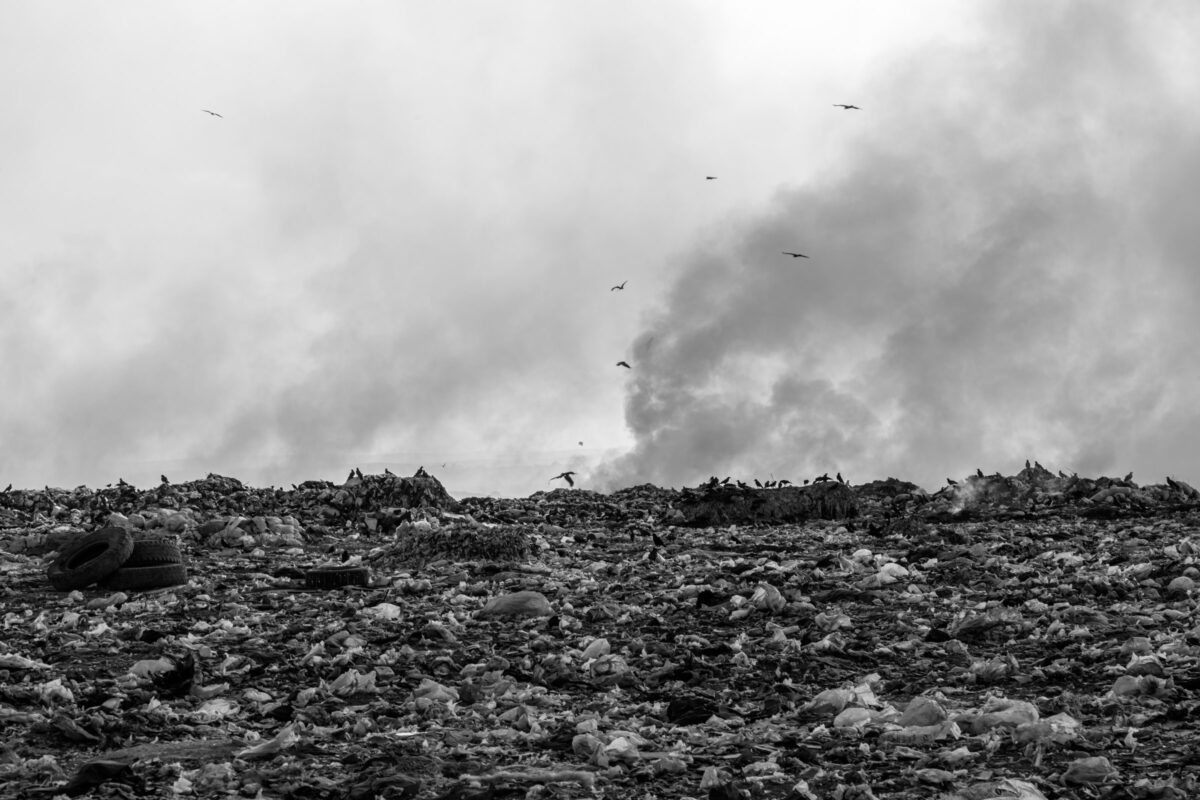Nearly all of the world’s glaciers are losing mass and thickness at an accelerated rate, according to scientists.
According to the researchers, the results are focused on the most detailed and reliable data available to date. This was the first research to include every glacier on the planet, which totaled about 220,000. The research was supported by a number of universities and institutes, including those in Switzerland. Between 2000 and 2019, the world’s glaciers lost on average 267 gigatonnes of ice per year, enough to submerge Switzerland by six meters.
Between 2000 and 2004, the melt rate was 227 gigatonnes, but between 2015 and 2019, it was 298 gigatonnes. The glaciers have lost 31% more snow and ice each year over the last 15 years.
The researchers used images taken by NASA’s Terra satellite’s multispectral imager for their calculations. Two cameras on the ASTER imager have high-resolution elevation models. The team was able to calculate changes in the thickness and mass of the ice using these as well as a supercomputer. The ice sheets of Greenland and Antarctica were not included in the research.
The findings will be included in the UN Intergovernmental Panel on Climate Change’s next assessment paper (IPCC).
“Our findings are important on a political level. The world really needs to act now to prevent the worst-case climate change scenario,” says co-author Daniel Farinotti, head of the glaciology group at ETH Zurich and the Swiss Federal Institute for Forest, Snow and Landscape Research WSL.
Alaska, Iceland, and the Alps have some of the fastest melting glaciers. A scarcity of meltwater in the Himalayas, according to the study’s authors, is a concern in terms of water and food security in India and Bangladesh in the coming decades.




